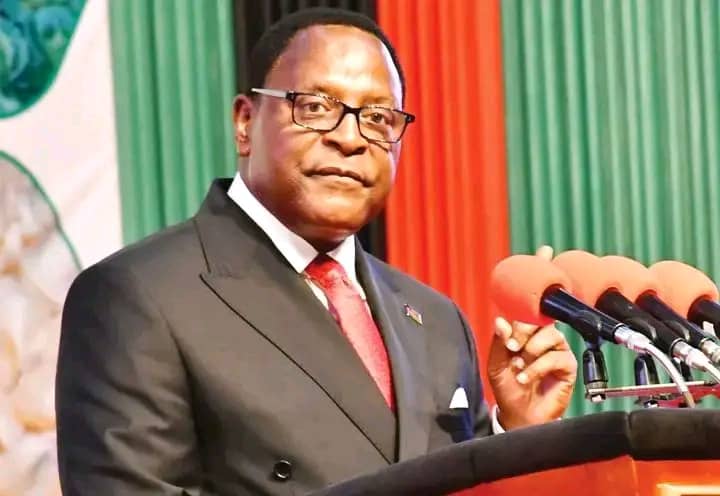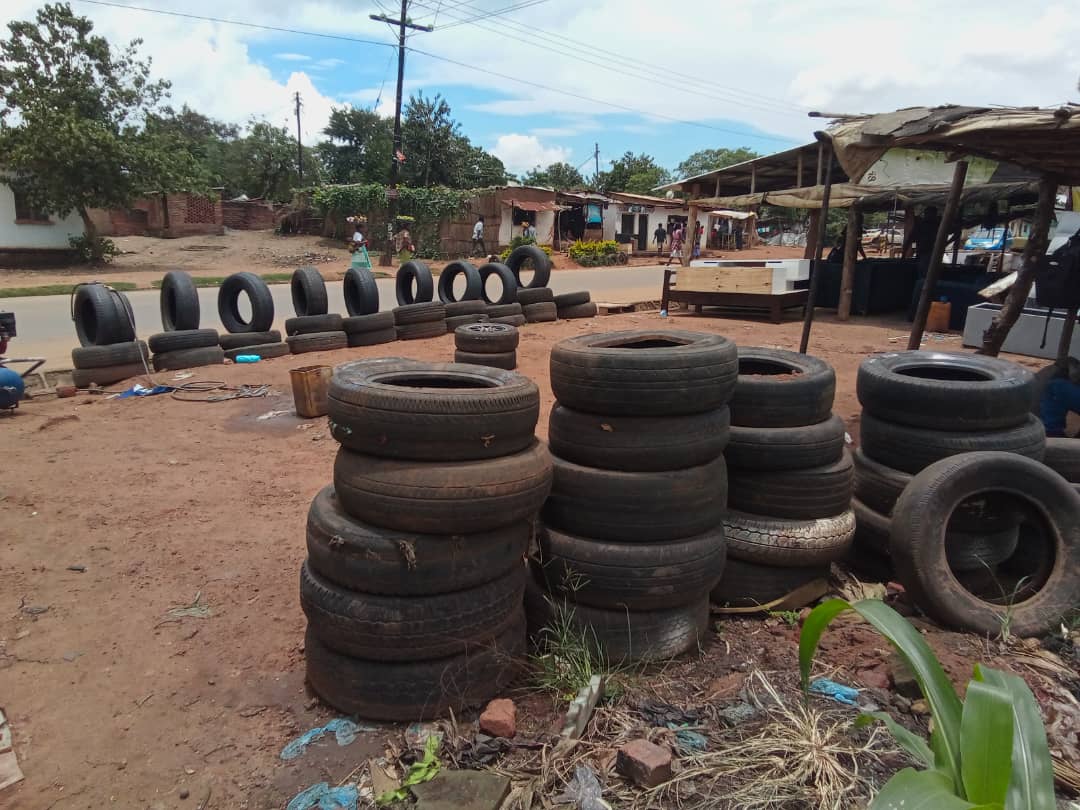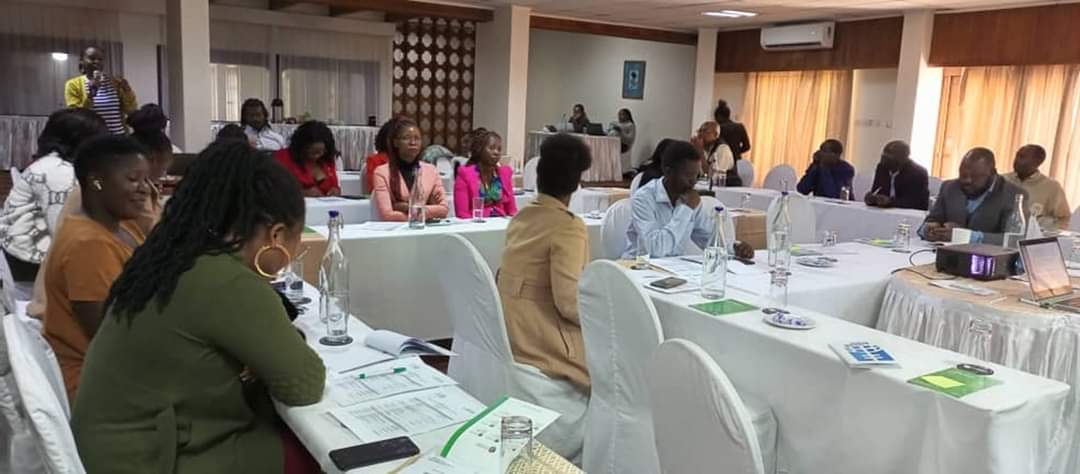By Burnett Munthali
Each time the International Monetary Fund (IMF) comments on Malawi’s economy, its language is polished and professional—almost too polite for the crisis it describes. Buried in its carefully crafted statements are warnings that, if ignored, only deepen the country’s suffering.
One phrase stands out: “lack of fiscal discipline.” At first glance, it sounds like a minor policy issue. But as writer and commentator Ojezani Kenani recently pointed out, this phrase is anything but harmless.
To Kenani, it’s a sanitized expression that hides a grim reality: theft, waste, and corruption in government. It’s a phrase that makes looting sound like a spreadsheet error, shielding the true cost of misgovernance from public outrage.
He argues that international institutions often use this kind of coded language to avoid diplomatic conflict. But in doing so, they obscure the truth for the people who live with the consequences—Malawians who face failing hospitals, unpaid workers, and collapsing infrastructure.
What the IMF calls “fiscal indiscipline” translates into stolen public funds, ghost projects, inflated contracts, and luxurious lifestyles for a few at the expense of many.
Kenani challenges Malawians to read these reports more critically. Don’t be fooled by polite phrasing or elegant English. These are not mild observations—they are indirect accusations. And if we fail to interpret them correctly, we miss the warning.
Worse still, government officials often exploit this vague language to spin failures into achievements, turning red flags into green lights for continued abuse.
Kenani calls for clearer, more honest reporting—from both international partners and local leaders. The public deserves truth, not tidied-up versions of corruption.
“Lack of fiscal discipline” is not a neutral term—it’s a quiet alarm bell. It signals broken systems, weak leadership, and a moral void at the heart of governance.
If Malawians want real change, it begins with demanding that things be named plainly. Corruption dressed in diplomacy is still corruption. The time for politeness is over.




